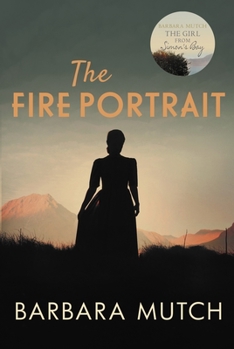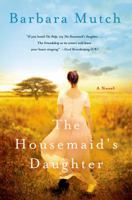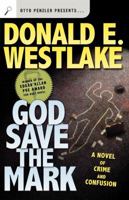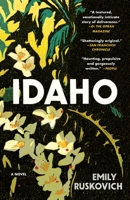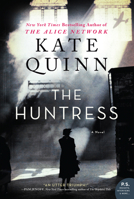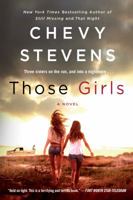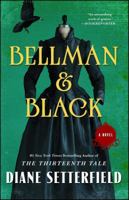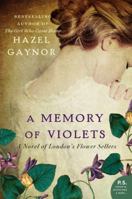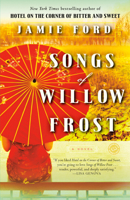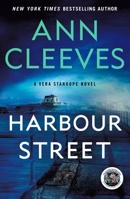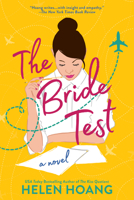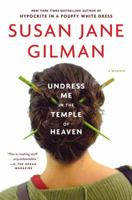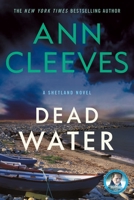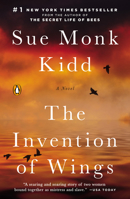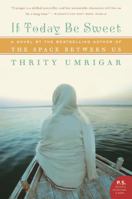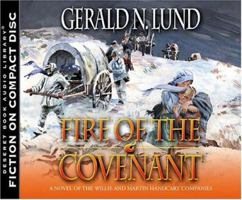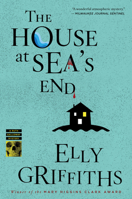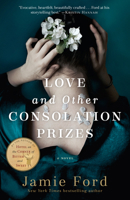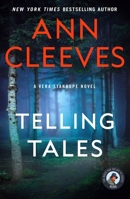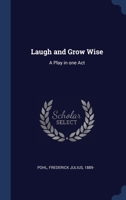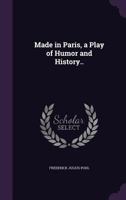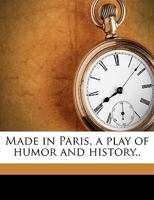The Fire Portrait: The Page-Turning Novel of Love and Loss
Select Format
Select Condition 
You Might Also Enjoy
Book Overview
I've taken risks in my life. Some have been physical ones, but some have been bolder and required more of myself.
When Englishwoman Frances McDonald sets up home in a remote South African hamlet in the shadow of the Hex River Mountains, she is regarded with suspicion by the community. Confined by a marriage of convenience, she seeks an outlet by learning the local language, teaching art, and exhibiting her paintings of the stunning veld landscape. Soon the spectre of war threatens to divide not only the country but the town itself and scupper Frances' hard-won acceptance.
Customer Reviews
Rated 4 starsA Case for the discover of the Americas in 1398
Pohl takes the letters of the Italian navigator Zeno investigates his connection to Henry Sinclair. The theory is that Zeno helped Sinclair navigate to Newfoundland. Pohl's initial findings are in Zeno's letters themselves. In 1398, according to the Zeno narrative, Zeno sailed across the Atlantic with a "Prince of the Islands" (Sinclair). Pohl does some astonishing calligraphy detective work on Zeno's maps and examines...
0Report











